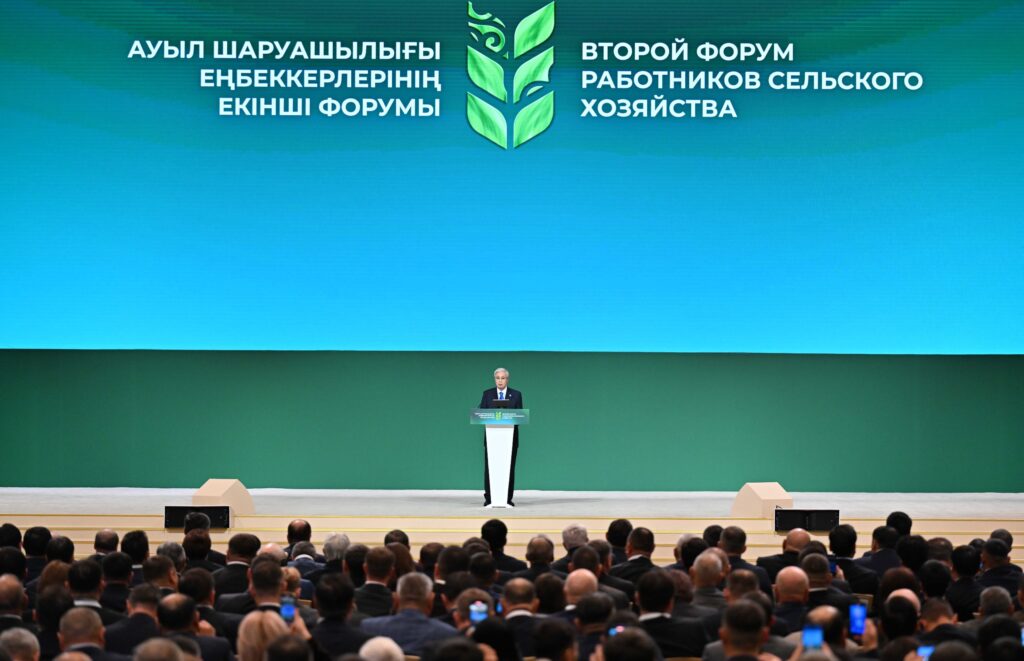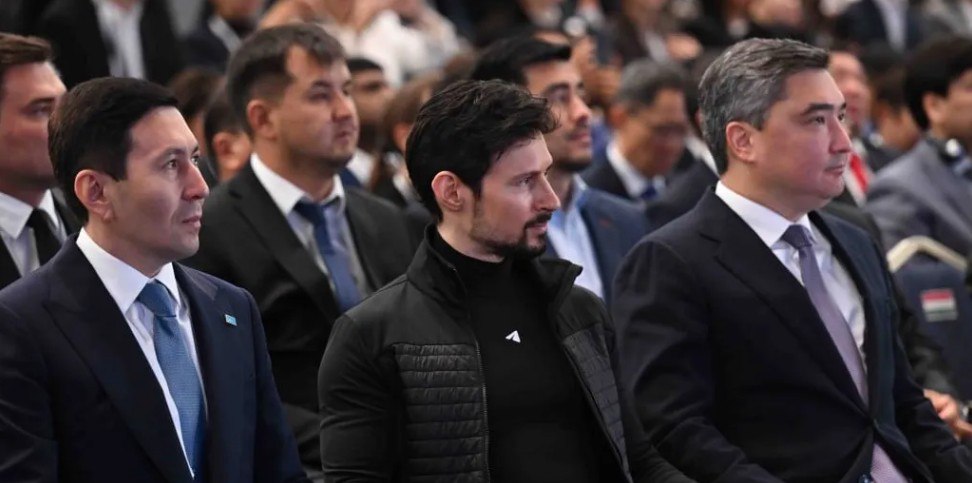From Medieval Persia to Modern Kazakhstan: Decolonizing History
Iranian President Masoud Pezeshkian’s recent visit to Kazakhstan might have appeared routine amid a series of diplomatic engagements by President Kassym-Jomart Tokayev in 2025. Yet one element of the visit stood out for Tokayev, a gift of 27 ancient Persian manuscripts, which were immediately put on public display in Astana’s National Museum. Together, the two presidents opened the exhibition titled The History of the Great Steppe in Iranian Sources, highlighting long-standing historical ties between Persian states and the Kazakh steppe. Speaking at a joint briefing, Tokayev emphasized the significance of the manuscripts, which he said contain historical accounts affirming the Kazakhs as a "brave people" and detailing diplomatic relations between the Kazakh khans and Iranian shahs. “Close relations were established between Tauke Khan and Shah Sultan Hussein,” Tokayev noted. “Records show embassies met in Moscow, and the Iranian ambassador visited the Kazakh steppe. Abul Khair Khan sent an envoy to Nadir Shah to foster diplomatic ties,” he said, underlining the depth of historical relations. Tokayev also referenced the cultural and linguistic connections between the two peoples. The taikazan (large ceremonial cauldron) in the mausoleum of Khoja Ahmed Yasawi in Turkestan, he noted, was crafted by the Iranian master Abdul-Aziz Sharafuddin Tebrizi. Persian has left a linguistic imprint on the Kazakh language, with estimates suggesting Persian-origin words comprise 4% of the vocabulary, including astana (capital), paida (benefit), oraza (fast), and dәri (medicine). Tokayev further cited the Persian epic Shahnameh by Ferdowsi as culturally significant to the peoples of Turan, adding that Kazakh poet Abai was familiar with Persian literature. According to Tokayev, the newly acquired manuscripts contain historical analyses of the socio-economic and political conditions of the 18th-century Kazakh Khanate, including interactions with neighboring powers, records on Turkestan, and reports on Russian imperial activities in the region. The documents also reference resource extraction, coal, iron, copper, lead, and turquoise, on Kazakh territory. [caption id="attachment_40893" align="aligncenter" width="750"] Image: Akorda[/caption] “This is a very valuable gift. We will present this exhibition to the Kazakh public and promote it widely in the media,” Tokayev told reporters. “The documents contain previously unknown historical material. I think this will be useful for our compatriots.” The Ministry of Culture and Information, which organized the exhibition, confirmed that the manuscripts substantiate centuries-old ties between Kazakhstan and Iran, including evidence of trade and diplomatic exchanges along the Silk Road and archival references to intergovernmental negotiations and ambassadorial visits. Tokayev’s enthusiasm for the manuscripts is closely linked to Kazakhstan’s broader effort to “decolonize” its national history. The country is currently preparing a new seven-volume historical account under the editorial leadership of State Advisor Yerlan Karin. This project aims to reposition Kazakhstan not simply as a site of ancient states, but as an independent cultural and political center that influenced the broader region. “Kazakhstan is presented as a hub for civilizational development,” Karin explained. “This is our methodological innovation.” Previously, Kazakhstan’s history was largely framed within the narrative of the Russian Empire and Soviet rule. The current academic effort seeks to...






